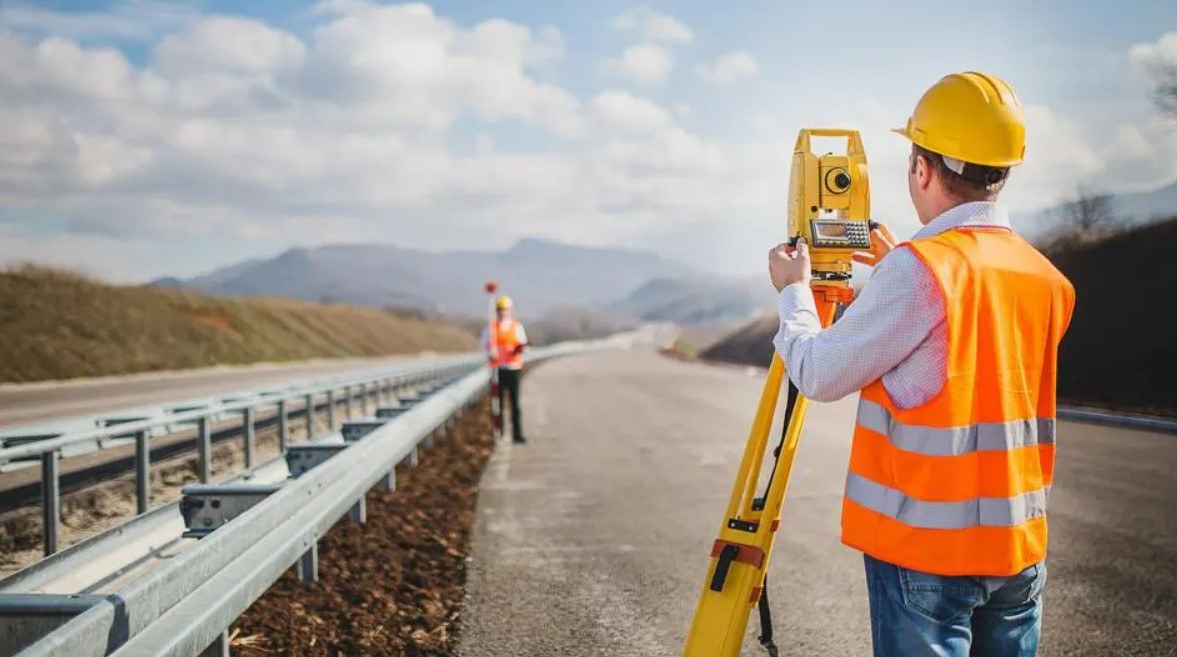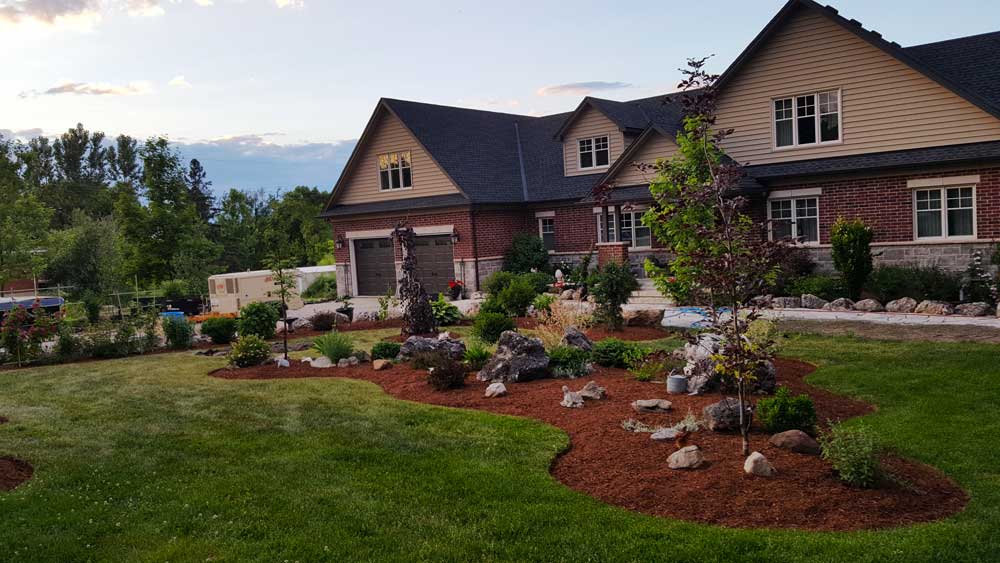Property line staking involves positioning iron or concrete markers at the corners of your land and exact intervals along property lines. This gives homeowners a definitive understanding of their boundaries. A surveyor examines available records regarding your land, including legal descriptions and deeds. They also take measurements on-site.
Experience
To stake out property line Nassau, NY, a land surveyor must have solid experience locating property lines. They can use various tools to determine the locations of boundaries, including the physical staking of those boundaries. However, the staking process can be complicated. A surveyor should also know the weather conditions and their impact on staking. This is because foliage and snow can conceal essential evidence for a survey. A licensed surveyor will review property documents, including deeds and filed maps, that are related to the land in question. They will also measure the property using a rod or concrete monuments to determine its dimensions. They will then compare these dimensions to other records to identify any discrepancies. A land surveyor will also advise on any existing encroachments or defects in the description of your property. They will also set new landmarks and property corners if needed. The location of these points will vary according to your particular real estate needs. For example, if you want additional markers to help with fencing or construction, let the surveyor know this before they start work.
Accuracy
A land surveyor needs to be able to determine property lines accurately. This is essential for various reasons, including building structures like sheds and pergolas or installing septic systems, pools, driveways, and fences. With a clear idea of your property line, you could avoid incurring extra construction costs or even being sued by neighbors for encroaching on their land. During the staking process, the surveyor will mark various points on your property with iron rods or concrete monuments. The locations of these stakes will be marked on a certified map. These markers will make it easy for you to locate your property corners and boundaries. The cost of a property survey will vary depending on the size and shape of the lot. For example, staking a large lot with indistinct boundaries will take longer and cost more than staking an ordinary suburban home. It will also cost more if the lot is new and uncleared.
Flexibility
Whether you want to plant a new garden, add an awning, or build a shed, knowing your property lines is essential. Having these boundaries marked can stave off stressful disputes with neighbors and prevent costly encroachments. It can also help when you decide to sell your property. A land surveyor will begin by researching public records to identify the location of your property lines. These include legal descriptions, plat maps, and previous property surveys. They will then physically traverse the property, measuring each location several times and averaging the results to find its proper position. This information will then be compared to existing features, such as fences, buildings, and roads. Depending on the terrain and accessibility of the property, surveying costs can vary significantly. Homeowners should supply the land surveyor with as much information as possible to reduce the cost of the survey. This may include providing access to the property and supplying a copy of the deed and plat map.
Cost
A land surveyor is hired to verify property lines so that homeowners can build structures such as houses, fences, sheds, and pools without violating their neighbors. These verifications require much fieldwork, including searching for old markers, reviewing and comparing city, county, and state property records, and even physically examining the area. The outcome of the land survey has a legal holding in court, so it is essential to get it right. When hiring a land surveyor for property line staking, ask about their experience and qualifications. They should have a professional license, specialized education, training, and a track record of successful survey projects. In addition, ask about their rates and fees to ensure they are within your budget. Also, ask if they can provide you with references. Lastly, ensure that the surveyor is licensed by your state’s board for professional engineers and land surveyors. A non-licensed surveyor can cause severe issues for your project and cost you a lot of money.




